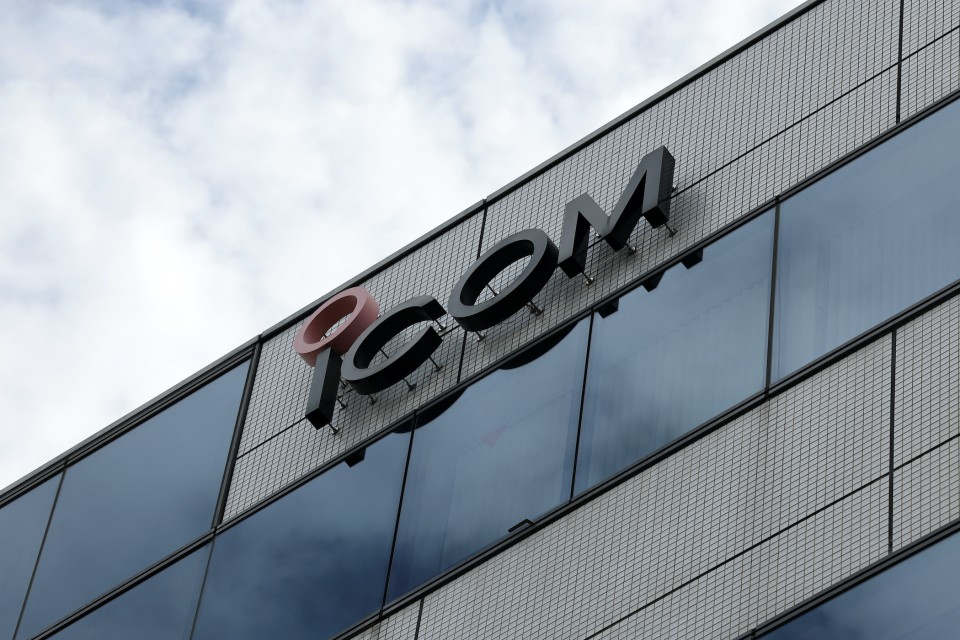
By Tom Bateman
OSAKA (Reuters) -The Japanese maker of the brand of walkie-talkies linked to explosions targeting the Hezbollah armed group that killed 25 people in Lebanon and injured hundreds of others said it could not have made the exploding devices.
“There’s no way a bomb could have been integrated into one of our devices during manufacturing. The process is highly automated and fast-paced, so there’s no time for such things,” Yoshiki Enomoto a director at ICOM told Reuters outside the company’s headquarters in Osaka, Japan on Thursday.
The detonation of hand-held radios used by Hezbollah on Wednesday in Beirut’s suburbs and the Bekaa Valley followed a electronic pager explosions on Tuesday that killed at least 12 people, including two children, and injured 3,000 others.
Icom has said it halted production a decade ago of the radio models identified in the attack, and that most of those still on sale were counterfeit.
“If it turns out to be counterfeit, then we’ll have to investigate how someone created a bomb that looks like our product. If it’s genuine, we’ll have to trace its distribution to figure out how it ended up there,” Enomoto said.
A company representative for Power Group in Lebanon, which says it is the sole official distributor of Icom in the country, said it did not import the model that detonated on Wednesday and that there were no detonations in its stores or warehouses.
The representative, who declined to be identified, said the model that detonated on Wednesday was discontinued by Icom in 2014 and that Power Group only imports models still in production.
The company’s Facebook page advertises several models of Icom hand-held radios for sale, but not the models that have been discontinued.
(Reporting by Tom BatemanWriting by Tim KellyEditing by Peter Graff)








